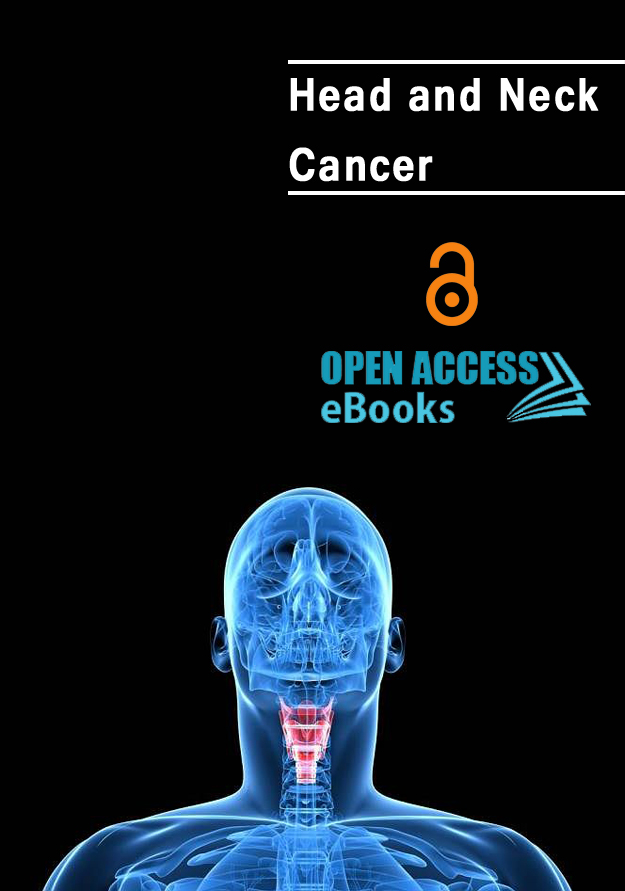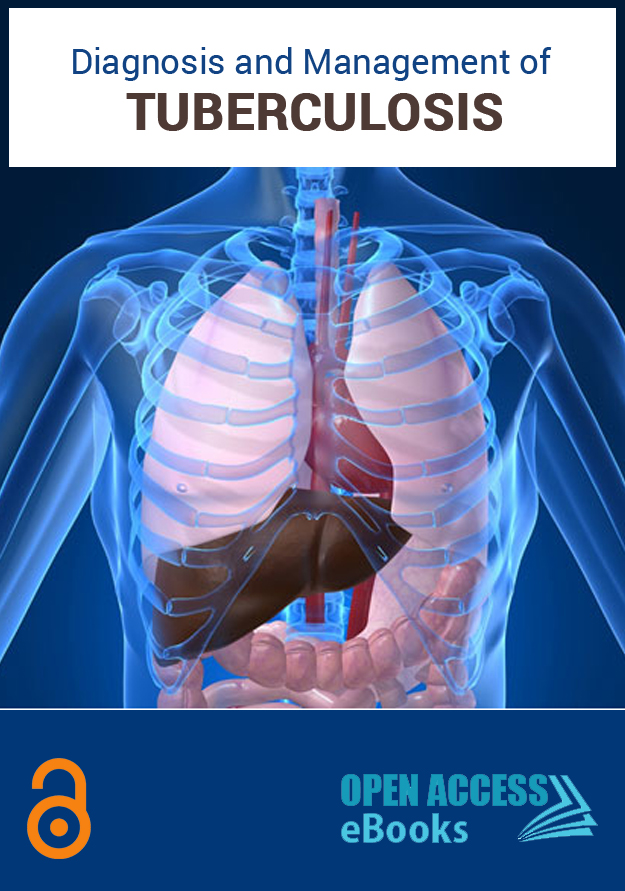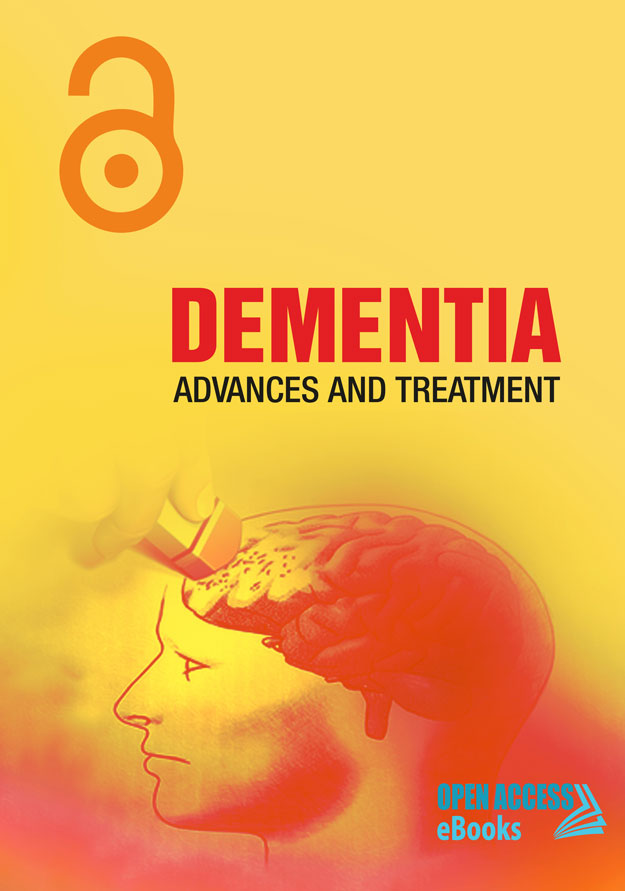
ISBN: 978-93-87500-68-6
Benefits of publishing with us:
Universal Access: eBooks published in Open Access eBooks gain international visibility. No region barriers and content is accessed by everyone across the world from our website. We also deposit published eBooks in different databases.
Freely Available: Open Access eBooks follows the principles of Open Access and the content is available to the readers without any cost. Readers can read, share, and store the published eBooks/book chapters.
Copyright with Authors: As an eBook publisher, we serve researchers in publishing their valuable work after the stringent review process. However, copyright lies with authors. We follow the CC-BY-NC-ND license
(https://creativecommons.org/licenses/by-nc-nd/3.0/).
Different Formats: We provide eBooks in PDF and HTML formats. Both formats are user friendly and can act as per the user requirements. We put our efforts to provide other formats in future.
For more information, contact info@openaccessebooks.com
Published Chapters:
Complications of Head and Neck Radiotherapy: Prevention and Management
Author(s): Imjai Chitapanarux
Radiotherapy plays an essential role in the treatment of head and neck cancer patients either definitive or adjuvant radiotherapy after surgery. Radiotherapy given to head and neck region has caused problems to several normal organs. In this chapter, consideration will be given to the complications of radiotherapy on skin, salivary glands, oral mucosa tissue, taste buds, jaw bones, teeth, larynx, pharynx, and temporomandibular joint (TMJ) as well as the prevention and the management of symptoms from theses complications.
Salivary Duct Carcinoma: Old but New Aspects
Author(s): Kimihide Kusafuka
Salivary duct carcinoma (SDC) is a relatively rare malignant neoplasm of the salivary glands. In many cases, it arises as the carcinomatous component of carcinoma ex pleomorphic adenoma (CXPA). SDC exhibits morphological similarity to invasive ductal carcinoma of the breast, but it displays negativity for the estrogen and progesterone receptors, and most cases of SDC demonstrate positivity for the androgen receptor (AR)...
Alcohol and Head and Neck Cancer: Do the Two Mix?
Author(s): Liwei Lang, Caleb Jensen, Yong Teng*
Head and neck cancer (HNC) represents the seventh most common cancer globally. Being that alcohol is one of the major carcinogens of HNC, it has been confirmed that it is heavily involved in the tumorigenesis and development of HNC. Acetaldehyde, a metabolite of alcohol, has been proven to cause carcinogenic effects resulting in a higher risk of HNC development. Furthermore, alcohol has been proven to disrupt DNA methylation via the activation of oncogenes and the silencing of tumor suppressor genes, increase reactive oxygen species (ROS) through enhanced CYP2E1 expression levels and electron leakage from the mitochondrial respiratory chain, and suppress the immune system by altering the actions of cell populations in the innate and adaptive immune response.


